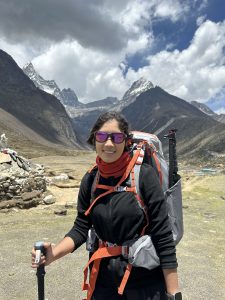Our student - Israt Jahan Khan Chowdhury

Israt Jahan Khan Chowdhury
Chowdhury’s journey into the world of science started as a young child, captivated by documentaries on space exploration. Growing up in Bangladesh, she says the norm is to opt for careers in medicine and engineering, however Chowdhury has always managed to defy traditional expectations. When asked about her future aspirations, she would reply: “I want to be an astronaut!”.
Driven by curiosity, fuelled by research
Now in the 2nd year of her PhD, Chowdhury reminisced how her family nudged her towards a medical career. She then pursued her undergraduate studies in Zoology, which became her gateway into the field of molecular biology. With an innate inclination to explore the unknown, she is currently undertaking her most challenging task yet: ‘to investigate host factors that facilitate the evasion of Mycobacterium tuberculosis (Mtb) from autophagy’. Autophagy is a eukaryotic cellular process that involves the degradation and recycling of unnecessary or dysfunctional cellular components. Chowdhury says that understanding this process, in the context of Mtb infection, could provide some insight that may help lead to the development of strategies to combat the bacteria.
When asked on the significance of her study, Chowdhury maintains that tuberculosis remains a significant global threat, and although fairly effective, its treatment still faces challenges like side effects from the regimen and drug resistance. Referring to the situation in her home country, she adds that the rampant misuse of antibiotics and the lack of regulation in their distribution exacerbates the burden of tuberculosis. She adds that the discovery of host-specific mechanisms that facilitate the autophagic escape of Mtb can help in the development of host-targeted therapeutics, thereby reducing reliance on antibiotics.
Beyond the bench
While acknowledging the significance of in silico analysis in scientific research, Chowdhury upholds the importance of in vitro and in vivo studies. In her experiments, she employs siRNA-mediated knockdown to identify specific genes that are crucial for Mtb evasion from autophagy in macrophage cells. With regards to the development of new medicine, she says that “While virtual drug screening has its place, it can’t fully capture the complexities of living systems. Hands-on experiments are essential for bridging the gap between the lab and real-world medicine.”
Ultimately, Chowdhury’s ambition extends beyond personal achievement. She hopes her work will not only deepen our understanding of Mtb but also stress on the urgency of tailored strategies to alleviate its burden on vulnerable populations. Although her childhood dream of space exploration remains unrealized, the spirit of exploration remains the driving force behind her scientific endeavors.
Jikka Nealiga

